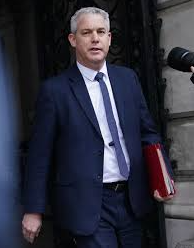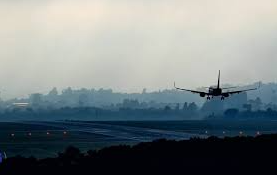
Families of the boys who drowned in Babbs Mill Lake in Solihull express their devastation, as community support pours in.
The four boys who tragically lost their lives after being pulled from a frozen lake in Solihull have been identified by West Midlands Police. Samuel Butler, aged six, his eight-year-old brother Finlay, their 11-year-old cousin Thomas Stewart, and 10-year-old Jack Johnson died after being rescued from Babbs Mill Lake on Sunday. Despite efforts to save them, the boys were confirmed dead over the following days, with Finlay, Thomas, and Jack passing away on Monday and Samuel succumbing to his injuries on Wednesday.
Thomas’ older brother shared a heartfelt tribute, remembering him as a “lively little soul” with a “big heart,” and fondly recalling how Thomas loved playing outdoors with his friends. He also paid tribute to his cousin Finlay, affectionately known for his love of dinosaurs and passion for Minecraft. “I love you Tom, big bro will take care of the family, and I will see you soon. Make sure you keep practising on warzone and get a win, will you?” he wrote.
The grieving family of Samuel, Finlay, and Thomas expressed their overwhelming sorrow, thanking the emergency services for their efforts and the local community for its support. One police officer, who had attempted to break through the ice to rescue the boys, suffered mild hypothermia in the process. The family also extended their condolences to Jack’s family, requesting privacy to mourn their loss.
Supt Rich Harris of West Midlands Police described the tragedy as “beyond words” and acknowledged the profound grief felt by the families. He also commended the outpouring of support from the community and the emergency services, adding that police presence in the area would continue in the coming days for those seeking assistance.
Following extensive underwater searches, the investigation at Babbs Mill Lake has now concluded.




















Comments
Hello world!
Pic of the week: Sunset at margate beach
The first day’s journey was through the pink fields
The first day’s journey was through the pink fields
The first day’s journey was through the pink fields